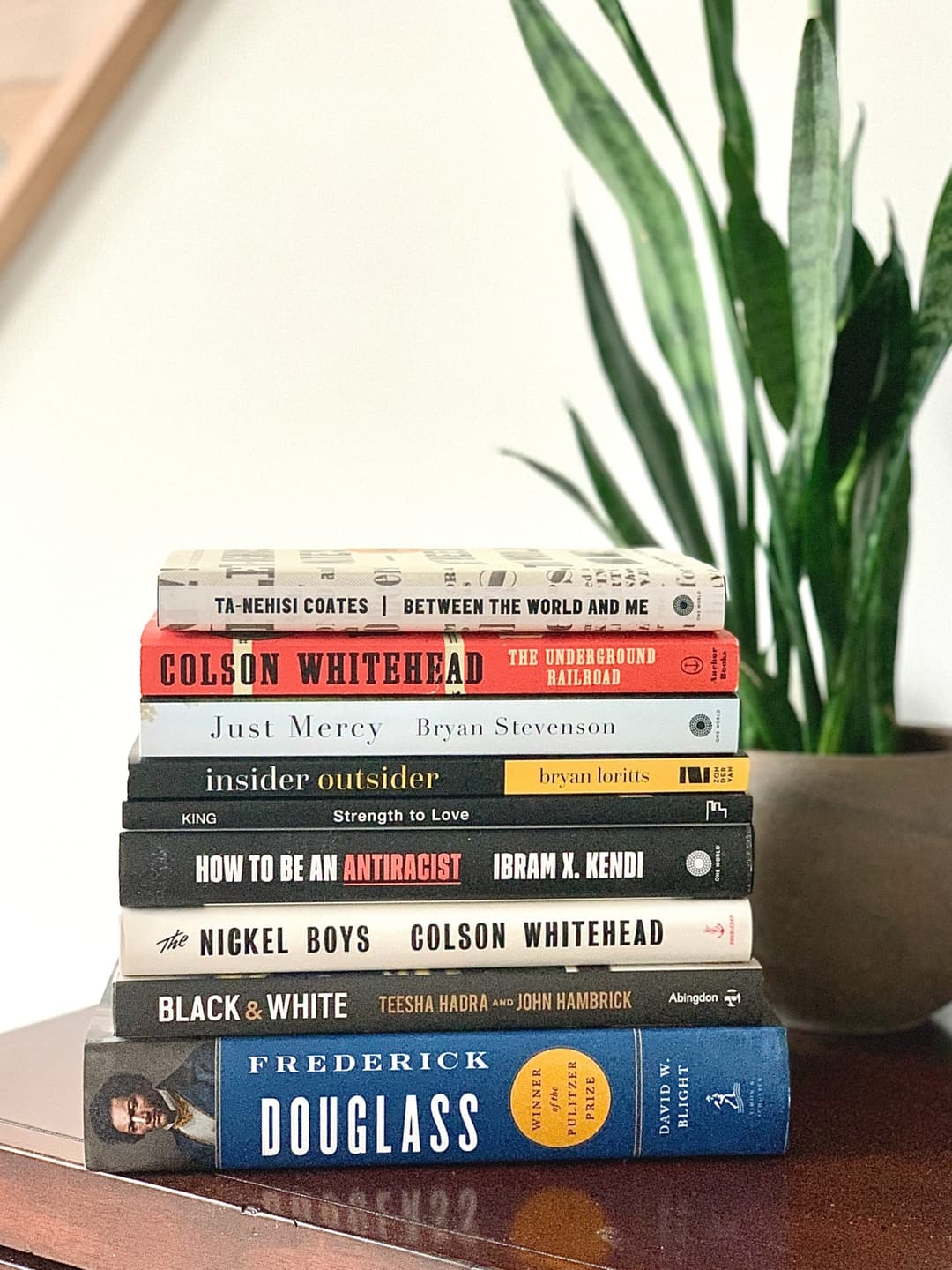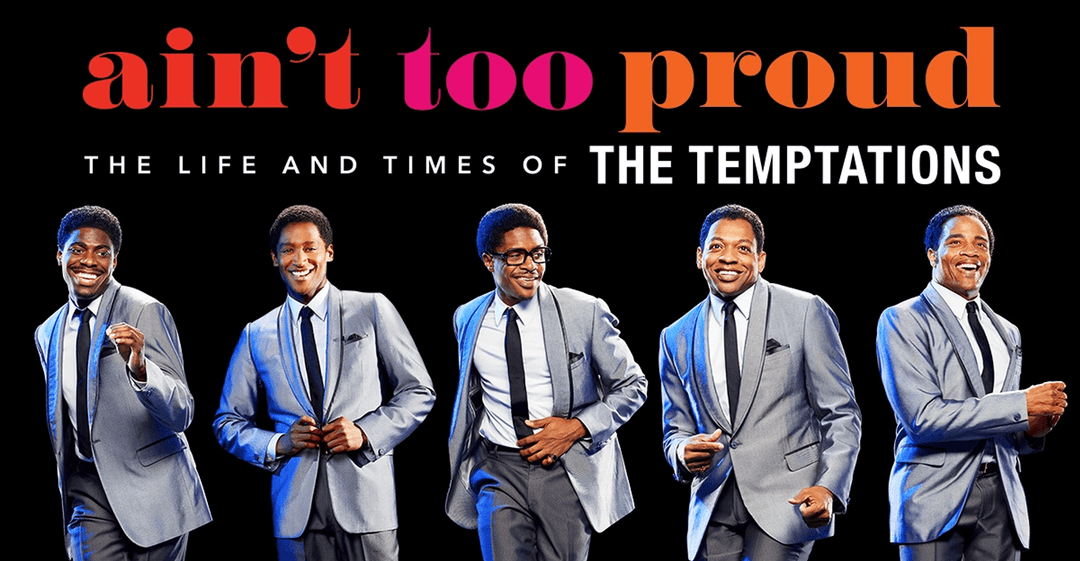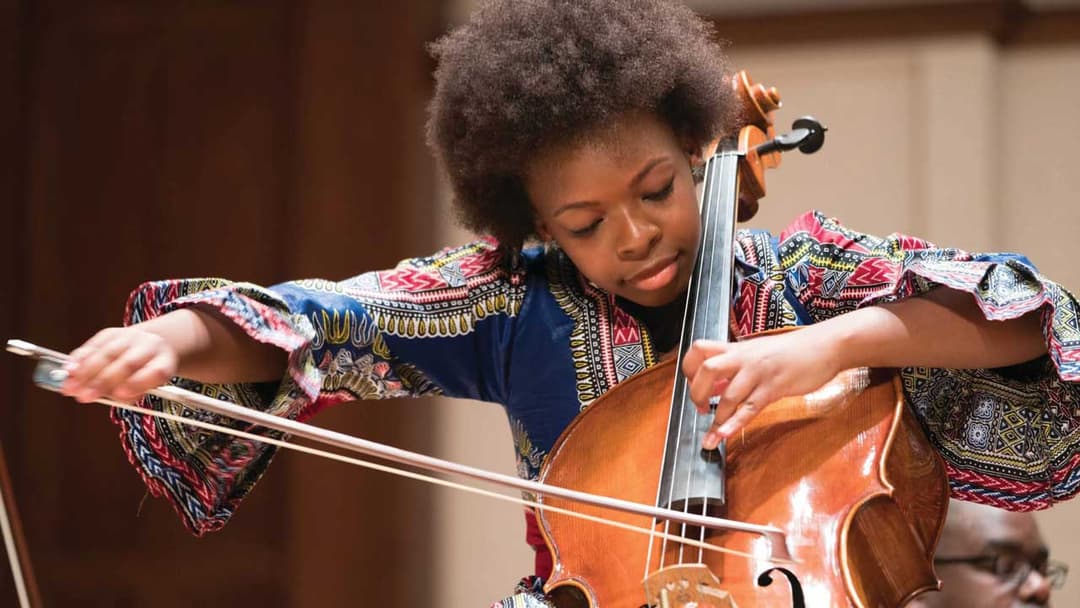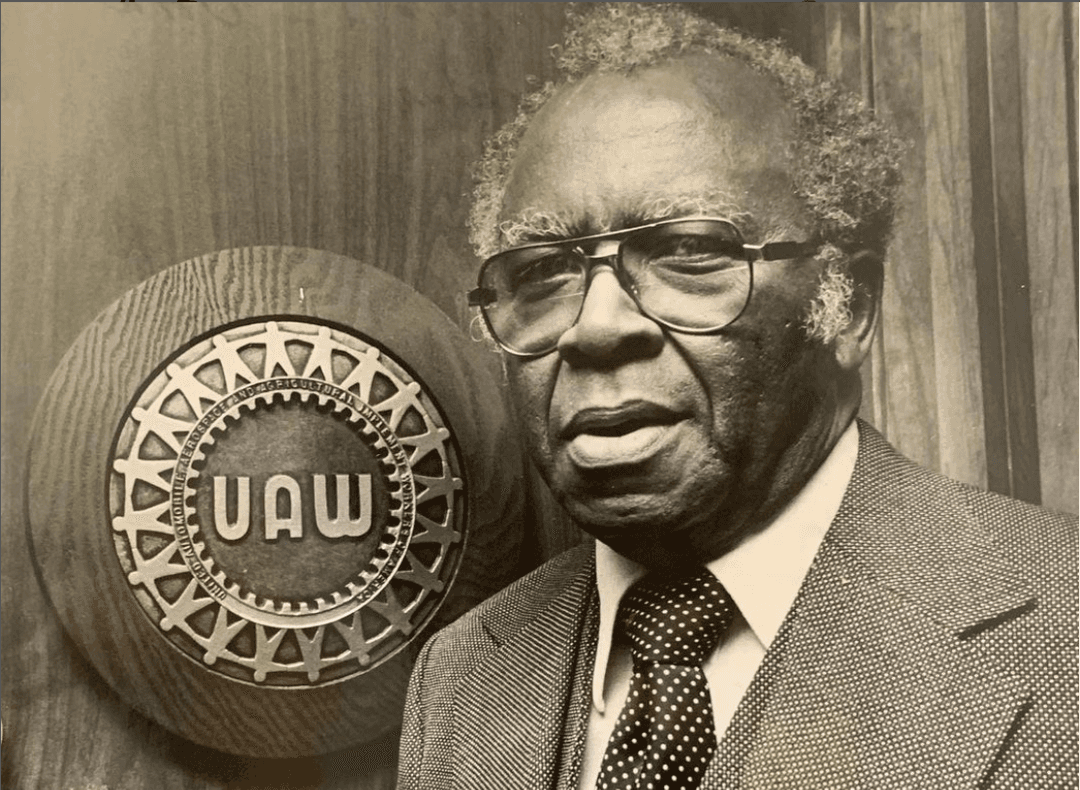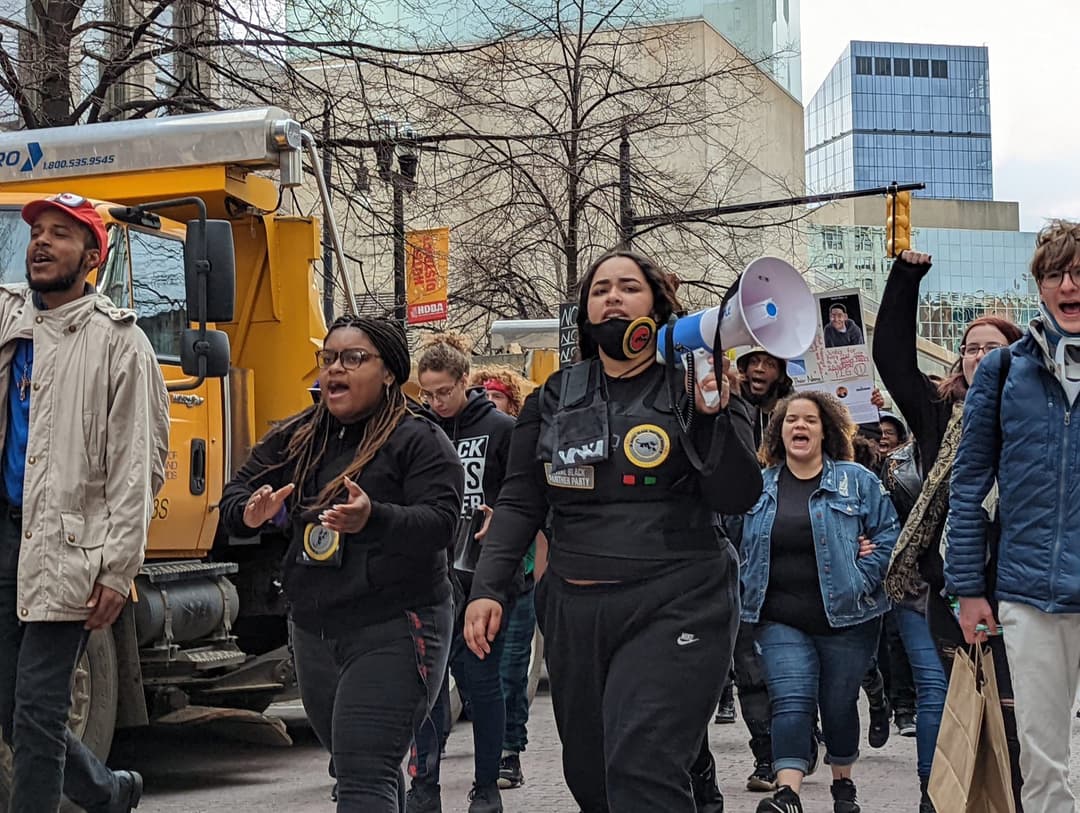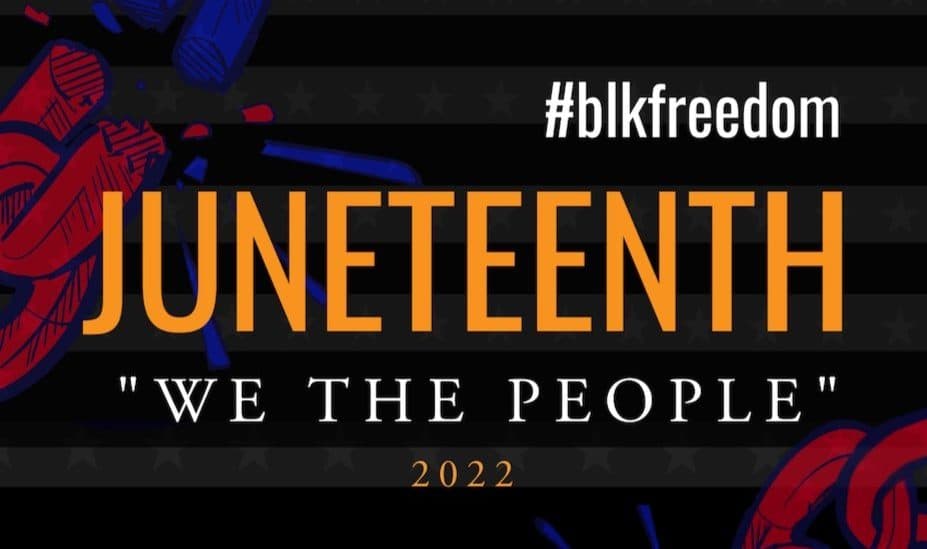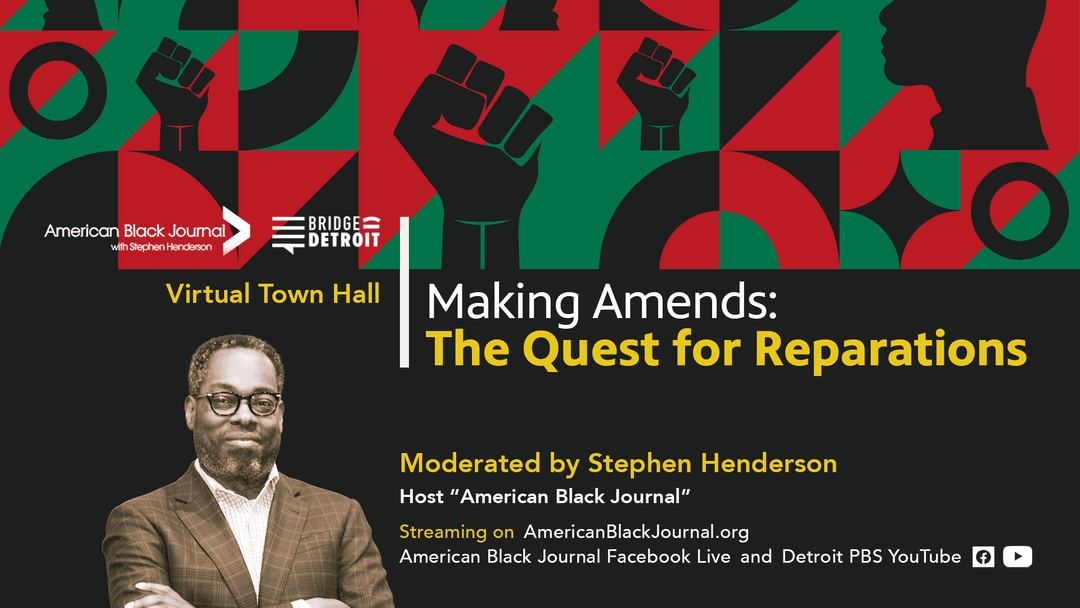Fundraising gala celebrates legacy of WGPR-TV 62, America’s first Black-owned TV station
Aug 26, 2022
Detroit is a city that’s filled with many firsts, including being home to the nation’s first black-owned and operated television station, WGPR-TV 62. WGPR-TV 62 went on the air in 1975 and launched the careers of several African American media professionals before being sold in 1995. The TV station’s legacy hasn’t dwindled since leaving the air, however. Today, the former site is used as a broadcast museum founded by the WGPR Historical Society, and next month the group is hosting a major fundraiser celebrating minorities in the media.
ESPN commentator and sports journalist Stephen A. Smith, the keynote speaker for the Sept. 10, 2022 event, and WGPR Historical Society President Joe Spencer join “American Black Journal” host Stephen Henderson to talk about an upcoming fundraising gala celebrating the legacy of WGPR-TV 62. The gala will also feature the first annual WGPR Enduring Legacy Awards, which will be presented to four Detroiters. The gala benefits the expansion of WGPR’s William V. Banks Broadcast Museum & Media Center, housed at the former TV 62 studios.
Full Transcript:
Stephen Henderson: I want to start with you. Tell me about this event at WGPR, this fundraiser.
Joe Spencer, President, WGPR Historical Society: Well, the WGPR Historical Society is putting on a fundraiser for the William V. Banks Museum. And we have it scheduled for September 9th and 10th, it’s actually a two-day event. And we are raising funds to expand the museum and to expand our training that we plan for the museum. And, you know, just have some new exhibits. And we have a very, very nice lineup for our Enduring Legacy banquet of people that we’re going to honor. Stephen A. Smith has agreed to be our keynote speaker, so we are planning to have a very exciting evening on September 10th at the Icon, here in Detroit.
Stephen Henderson: Stephen A. Smith, welcome to America Black Journal. Welcome to Detroit. You know, it seems to me when I watch you, on ESPN or other places I see you, I think all the time about the kinds of opportunities that you’ve had as an African-American man, that I’ve had as an African-American man in the media. And I think about WGPR, which, you know, went on the air here when I was about 4 years old and was the first place I could see people who look like me on television doing their thing, and being in control of the space, being the owners, being the operators, being the managers. Talk about how stations like GPR influence your career.
Stephen A. Smith, ESPN Commentator & Sports Journalist: Well, to me it’s never really been whether it’s a station or it’s a company, it’s about the individuals, because as an individual, that’s what you gravitate to. We should think about it more expansively. We should think about institutions that have really played the role as pioneers and spearheading movements that ultimately benefit the African-American community or what have you. But on far too many occasions, there’s such a level of loftiness that gets attached to it that you don’t view it that way. It’s the individuals that you attach yourself to.
Joe, I’ve come to know because my boss is Mr. Dave Roberts, who is a Detroit native. He’s one of the elite executives in this game. And the relationship that I have with him, what he’s done for me, what he’s meant to my career, I just can’t say enough. But it’s not because of the jobs that I’ve been able to capture, the money that I’ve been able to accumulate, and I’ve been blessed and fortunate enough to have a prosperous career, particularly over the last decade, the level of guidance that I’m given by being able to have a front row seat to watch him work, enabled me to do other things. 10 years ago, I was an on-air talent.
And over the years, under his stewardship, I’ve grown and I’ve matured and I’ve become more successful. But now I own my own production company, and I’m about to own and start my own podcast, and I’m an executive producer and I’m not just making decisions for myself, but for other people. I’m employing, I’m firing, I’m doing a whole bunch of things that come along with it. You know, Some of it is great, some of it is not so great. But having an individual like that to provide the level of guidance and counsel and tutelage along the way, and not always directly, sometimes just through osmosis, those are the kind of things that you can’t, you know, you just can’t put a price on.
Because it’s so invaluable that ultimately it allows you to propel yourself to a point where you can ultimately become a company, where you can ultimately become an institution and you can ultimately have a profound, lengthy impact that will potentially affect generations. That’s what it’s all about. And when you find individuals that you can attach, you know, you can identify with, that can provide you the guidance and tutelage through osmosis, through direct counseling and tutoring and interaction, or just by being able to play the role of spectators, you just can’t put a price on those experiences.
Stephen Henderson: Yeah. Stephen, talk a little about barriers and obstacles that you might have faced as a younger journalist, before you got opportunities that were about race and opportunity.
Stephen A. Smith: I remember when I was an intern coming out of college and I thought I had an impeccable resume. And I was competing against thousands of students and I missed out on the opportunity because the person’s name was Alan, A L, L, A, N and I spelled his name, A, L, A, N, and I was immediately disqualified from that opportunity. And when you see an experience like that, I’d like to believe that person regrets not giving me the opportunity. But the reality of the situation is that, if you’re comparing it to other resumes that didn’t make that kind of mistake, then they deserve the opportunity and I didn’t. And so, when you talk about obstacles, you’re talking about the need to make sure that you maneuver. You find out where the minefields lie. You find out how to maneuver your way through those minefields. You take stock of the obstacles and the barriers that are placed before you.
Being black, being a black man, being from an impoverished background, not having a proverbial silver spoon in your mouth, not necessarily knowing people well enough to, you know, to ingratiate yourself in such a way that you’ve cultivated relationships that will span potentially a lifetime, or at least your career. All of these things are things that you’re learning and the classroom can’t teach that to you. It can tell you about, but it can’t teach it. Only practical experience gets out there. Who you’re communicating with, how you communicate with them, how do you present yourself, how do you articulate whatever message that you want to say? When you go before somebody that is interviewing or talking to you, are you talking to them in a fashion that you’re telling them the kind of things that would benefit them? Or are you telling them the kind of things that would benefit you, why you’ve got your hand out for their help? Who are you going to be more inclined to help? Somebody that’s looking to help you or somebody that’s looking to help themselves?
These are all the kinds of things that you think about, but you don’t think about nearly as much as you should when you’re young, black, impoverished, didn’t have the connections to those people who are in the know, that could provide you the counsel and tutelage so you don’t make those kinds of mistakes. These are the kind of things that happen that no one ever tells you. And those are barriers in and of itself. It’s the barrier of the unknown. And you’ve got to hope and pray that you learn as much as you possibly can as early as you possibly can make it, while also hoping that you’re lucky enough to run into somebody that would give you the benefit of the doubt because they understand what plight you’re trying to fight through.
Stephen Henderson: Yeah. Joe, just sitting here listening to Stephen talk about this, you know, it makes me think of all those barriers you all broke in 1975 and all the people who benefited from you breaking through those barriers.
Joe Spencer: Well, there’s two things that Stephen said that, to me, just ring so true. Number one, as he spoke of David Roberts and WGPR gave David Roberts his very first job and he got some decent training. So much about the success of a person depends on, as Stephen has said, who you know, who gives you the opportunity. And that’s what WGPR did, it gave opportunity to many young journalists, as well as technicians, and writers, and salespeople, who would not have been in the broadcast game had it not been for William V. Banks, who is our enduring legacy and what is part of what we are celebrating in our fundraiser come September 10th.
The enduring legacy of so many men and women who have laid the groundwork and allowed other people to step on their shoulders. And, you know, David Roberts is a perfect example, because I would not know Stephen A. Smith if it had not been for David Roberts. And David Roberts began with us as an intern, now he’s the executive vice president of a major network and that shows you the impact of WGPR. And we’re just so glad that Stephen became a part of what we’re doing.
Stephen Henderson: Yeah, all right. Well, congratulations on the fundraiser. Of course, congratulations on all the great work at that museum, at WGPR. It really is, it is mind-blowing to walk through there and feel all the things that happened there and see all the results up on the walls. And of course, Stephen A., thanks for coming to town.
Stephen A. Smith: Thank you. I’m looking forward to it.
Stephen Henderson: We’re going to have to have you come back on the show to talk about the Lions later this fall.
Stephen A. Smith: You don’t want to do that. You want to make sure you keep yourself in high spirits. You’ve got a lot of things to look forward to in the city of Detroit, the Lions ain’t one of them.
Stephen Henderson: All right. Thanks, guys.
Stephen A. Smith: Take care.
Joe Spencer: Thank you.
Stay Connected:
Subscribe to Detroit PBS YouTube Channel & Don’t miss American Black Journal on Tuesday at 7:30 p.m and Sunday at 9:30 a.m. on Detroit PBS, WTVS-Channel 56.
Catch the daily conversations on our website, Facebook, Twitter and Instagram @amblackjournal.
View Past Episodes >
Watch American Black Journal on Tuesday at 7:30 p.m. and Sunday at 9:30 a.m. on Detroit Public TV, WTVS-Channel 56.
Stay Connected
Subscribe to Detroit PBS YouTube Channel & Don’t miss American Black Journal on Tuesday at 7:30 p.m. and Sunday at 9:30 a.m. on Detroit PBS, WTVS-Channel 56.
Catch the daily conversations on our website, Facebook, Twitter, and Instagram @amblackjournal.
Related Posts
Leave a Reply
Your email address will not be published. Required fields are marked*


